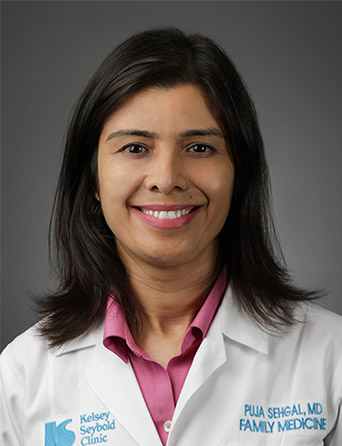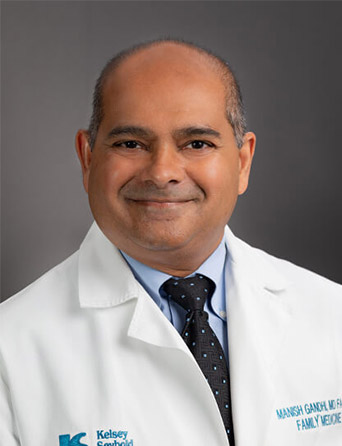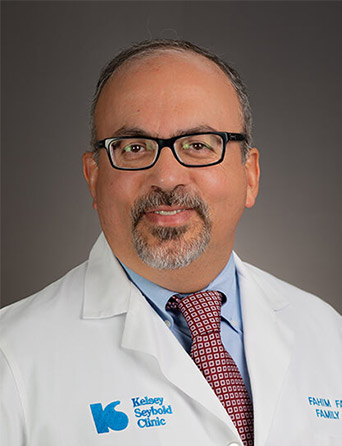Join Our eNewsletter!
Subscribe to our monthly newsletter to receive encouraging advice to help you lead a healthy lifestyle.

All About Cholesterol
Risk factors, prevention strategies and treatment
What is cholesterol and why does it matter?
Cholesterol is “fat” in the blood that comes from the foods we eat. Our bodies also manufacture a substantial amount of cholesterol on their own. Your cholesterol level is important because it has been directly linked to heart disease.
What foods help boost your good cholesterol?
Good cholesterol helps protect your body from heart disease and stroke. You can find this kind of cholesterol in fish such as salmon, mackerel and tuna. Omega-3 fatty acids can be found in canola oil, soybeans, flaxseed, avocado, and some types of nuts, especially walnuts and almonds.
What are the ideal numbers and when is it too high?
The National Cholesterol Education Program recommends total cholesterol less than 200, bad cholesterol (LDL) less than 100 and good cholesterol (HDL) greater than 40.
How often should patients have their cholesterol checked and at what age should they begin getting checked?
I recommend cholesterol checks starting in childhood if obesity is an issue. In normal weight adults, I recommend having cholesterol checked at least every three years and annually if possible. In my patients with cholesterol above recommended values, I recommend checking the cholesterol every three months after initiating a low-fat diet and exercise until optimal levels are reached.
What are some of the long-term consequences of not lowering high cholesterol?
High cholesterol can have long-term health implications that can lead to heart attacks, stroke and fatty liver. This bad cholesterol clogs your arteries and can prevent adequate blood flow to essential organs.
What can we do to keep our cholesterol levels in check?
To keep cholesterol levels in a normal range, maintain a low-fat diet. This should consist of baked instead of fried foods, and lean meats such as chicken and fish. Also, be sure to eat your fruits and veggies.
Always read the labels on packaged foods and avoid foods with high fat content. Prepare meals at home instead of eating fast foods because many fast foods have high fat content. When your schedule will not allow you to eat at home, make healthy choices such as salads.
Exercise is very important to increase your good cholesterol. I recommend exercising most days of the week to realize maximum benefits. Get your family involved and make exercise a family activity. This way, your entire family can share in the health benefits.
If diet and exercise are unsuccessful in lowering your cholesterol, your doctor will likely recommend medicines that aid in lowering your levels.
What is cholesterol?
- Cholesterol is a waxy, fat-like substance, both made by the body and found in certain foods.
- 75 percent of cholesterol that circulates in our blood is produced by the liver.
- 25 percent of cholesterol comes from food we eat.
- A certain amount of cholesterol is needed for the body to function properly and build cell membranes.
- When too much cholesterol circulates in the blood, it can clog arteries.
*LDL = Low-density lipoprotein
*HDL = High-density lipoprotein








